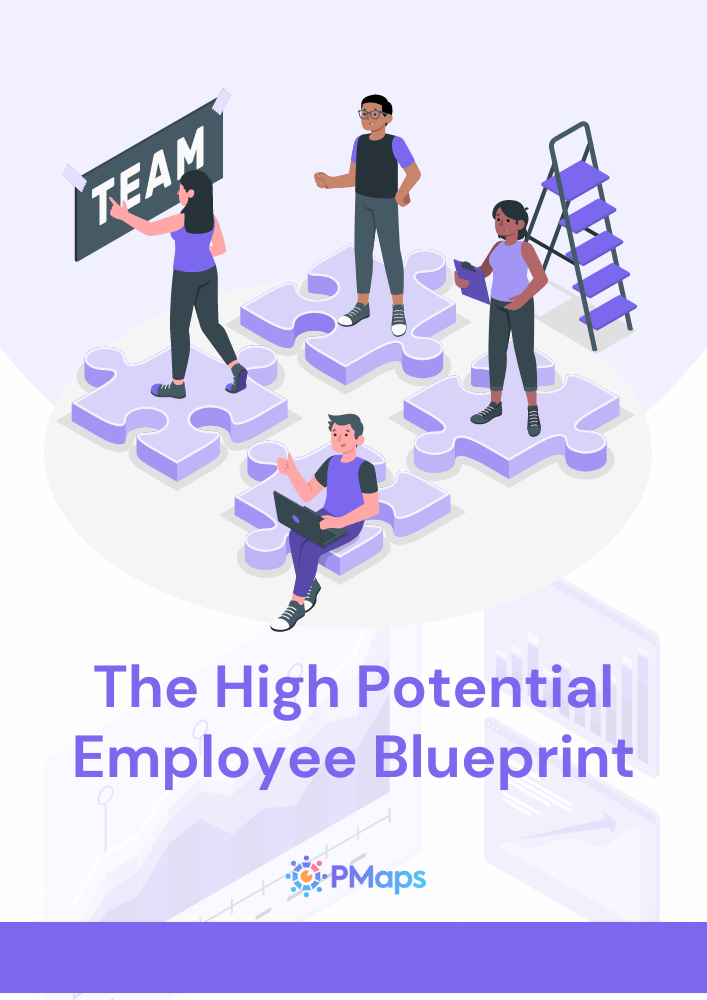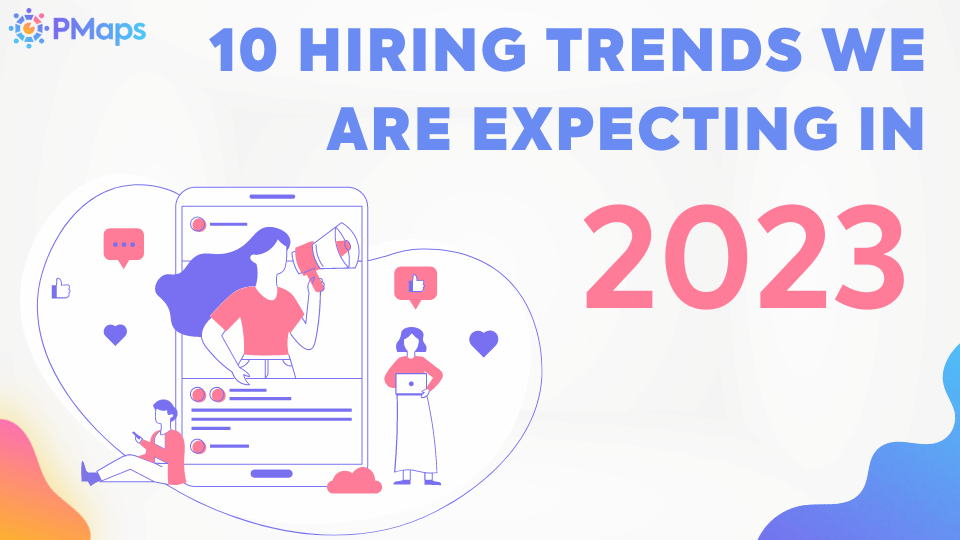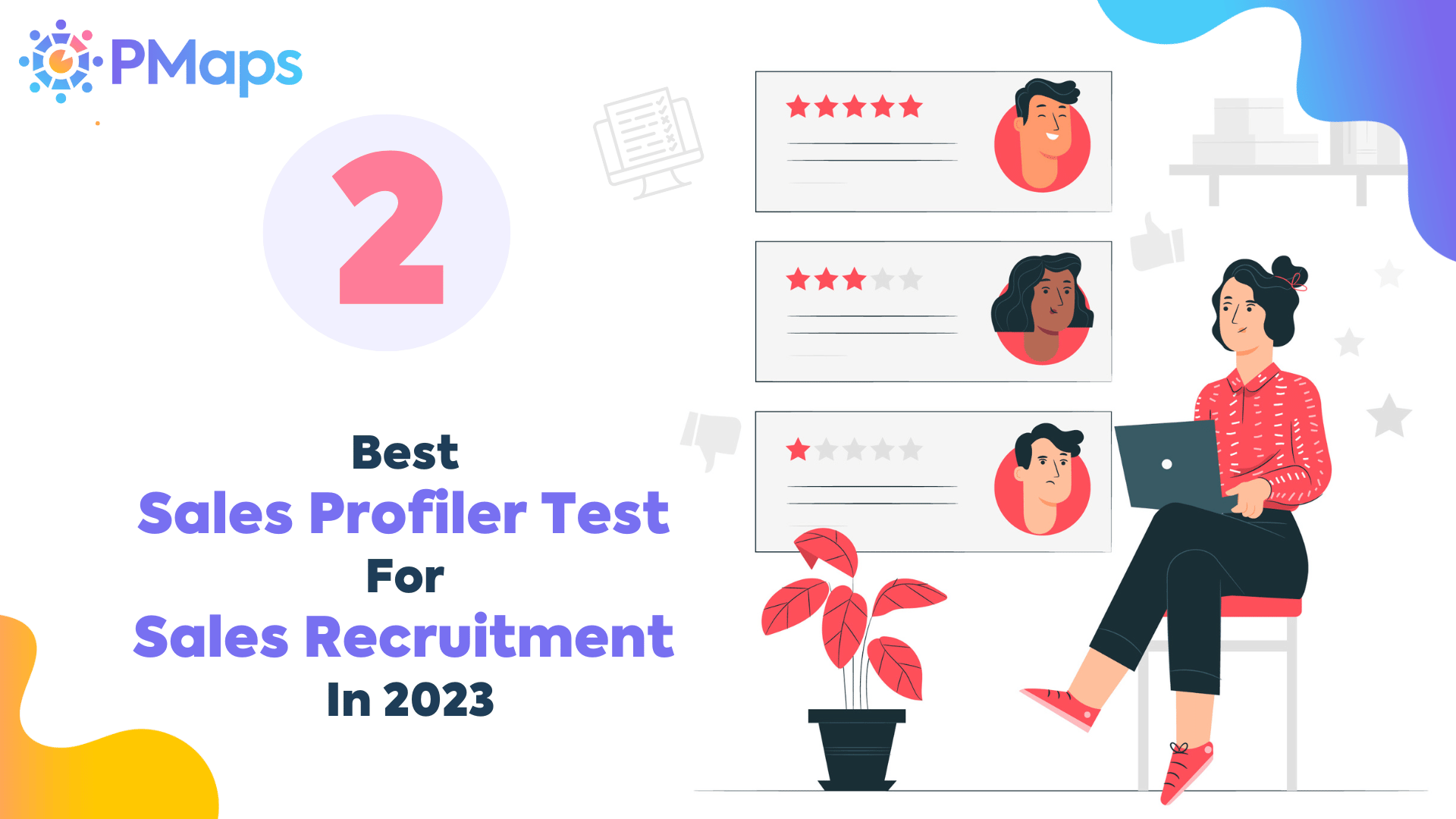
Why Diversity Matters and How to Achieve It
Global business today revolves around diversity, which is no longer just a trendy buzzword. It's not about just ticking boxes or following rules; it's about tapping into the strength of various viewpoints, backgrounds, and skills. This blog dives into why diversity is important and how companies can make it happen by being inclusive when they hire.
Why is this diversity thing such a big deal, you ask? Well, imagine having a team where everyone thinks and acts exactly the same. It might seem nice and easy, but it's missing out on a whole world of fresh ideas and creativity. When you bring in people from different backgrounds and with different experiences, you get a rich mix of perspectives.
That can lead to innovation and problem-solving that you'd never achieve with a one-size-fits-all approach. In this blog, we'll explore why diversity is a game-changer and how businesses can make it a reality through inclusive hiring practices.
What is a Diverse Workforce
Let's talk about what having a diverse workforce means, and why it's a great thing for businesses.
Having a diverse workforce means your team is made up of people from all kinds of backgrounds, like different races, genders, ages, and experiences. Now, why is this so awesome for companies?
It's like a creativity booster. When you have a bunch of people with different viewpoints and life experiences working together, they come up with more cool and innovative ideas. It's like mixing different colors to create a beautiful painting.
As a result, you end up making more informed decisions when you take into account different perspectives. It's like having a variety of ingredients to cook up a delicious meal.
Also having a diverse team helps you understand your customers better. If your customers come from all walks of life, having employees who reflect that diversity can help you meet their needs more effectively.
Lastly, it makes your company more attractive to top talent. When you show that you value diversity, you become a magnet for skilled and talented people from all over. It's like becoming the cool place everyone wants to work at.
The Role of Inclusive Hiring
Inclusive hiring is the key to building a diverse workforce. It involves creating an environment where individuals of all backgrounds, identities, and abilities feel welcome and valued. Here's how to achieve it:
- Eliminate Bias: Use blind assessments to make sure personal stuff like gender or where someone's from doesn't affect the hiring decision. It's like making sure the judging process is totally fair.
- Diverse Panels: When you're doing interviews, make sure the people doing the interviewing come from all walks of life. This way, candidates see different role models and hear different perspectives. It's like having a mix of coaches on your team.
- Diversity Training: Teach your hiring teams why diversity is important and how to avoid making decisions based on bias. It's like giving them the tools to make fair choices and build a better team.
The Benefits of Blind Assessments
Blind assessments, such as PMaps' language-agnostic visual assessments are a game-changer in inclusive hiring. Here's why they're so special:
1. Fair Evaluation:
These assessments ensure a level playing field by focusing solely on a candidate's skills and abilities. PMaps remove personal biases, providing an objective evaluation of candidates.
2. Bias Reduction:
By hiding personal information, like names and backgrounds, PMaps' assessments significantly reduce biases in the hiring process. It's like removing the factors that could unfairly sway decisions.
3. Global Accessibility:
PMaps' language-neutral assessments are accessible to candidates from diverse linguistic backgrounds. This inclusivity broadens the talent pool and supports diversity in the workplace.
As a result, PMaps' language-agnostic visual assessments make hiring fairer, reduce bias, and open doors for talented individuals worldwide, all while helping organizations build diverse, skilled teams.
Measuring and Improving Diversity
To ensure your diversity initiatives are effective, you need to measure progress. Here's how:
1. Set Clear Goals:
First things first, you need to know what you're aiming for. Set clear goals that match what your organization stands for. These goals should be all about diversity and making your workplace more inclusive.
2. Collect Data:
To see if you're making progress, you've got to gather information. Start from the beginning, like when you're hiring new folks, and go all the way up to the top positions. This data will show you how diverse your team really is.
3. Feedback Loops:
Keep the conversation going. Make it easy for your employees to tell you how they feel about diversity and inclusion in your organization. It's like opening up a suggestion box so everyone's voice can be heard.
By following these steps, you'll be able to track your progress and make sure your diversity efforts are making a real difference in your workplace.
Building a diverse workforce isn't just a moral obligation; it's a strategic advantage. Inclusive hiring practices, including blind assessments, are essential for achieving diversity. By fostering an environment where everyone feels valued, heard, and empowered, organizations can tap into the full potential of their diverse teams.
This blog should provide valuable insights to your C-level executive audience while subtly encouraging them to explore your assessment solutions for better hiring decisions. Feel free to adjust and customize them further to align with your brand's voice and specific offerings.
To learn how PMaps' blind assessments can help you build a diverse and talented workforce, contact me at ssawant@pmaps.in / 8591320212, Get in touch with us today or schedule a demo









